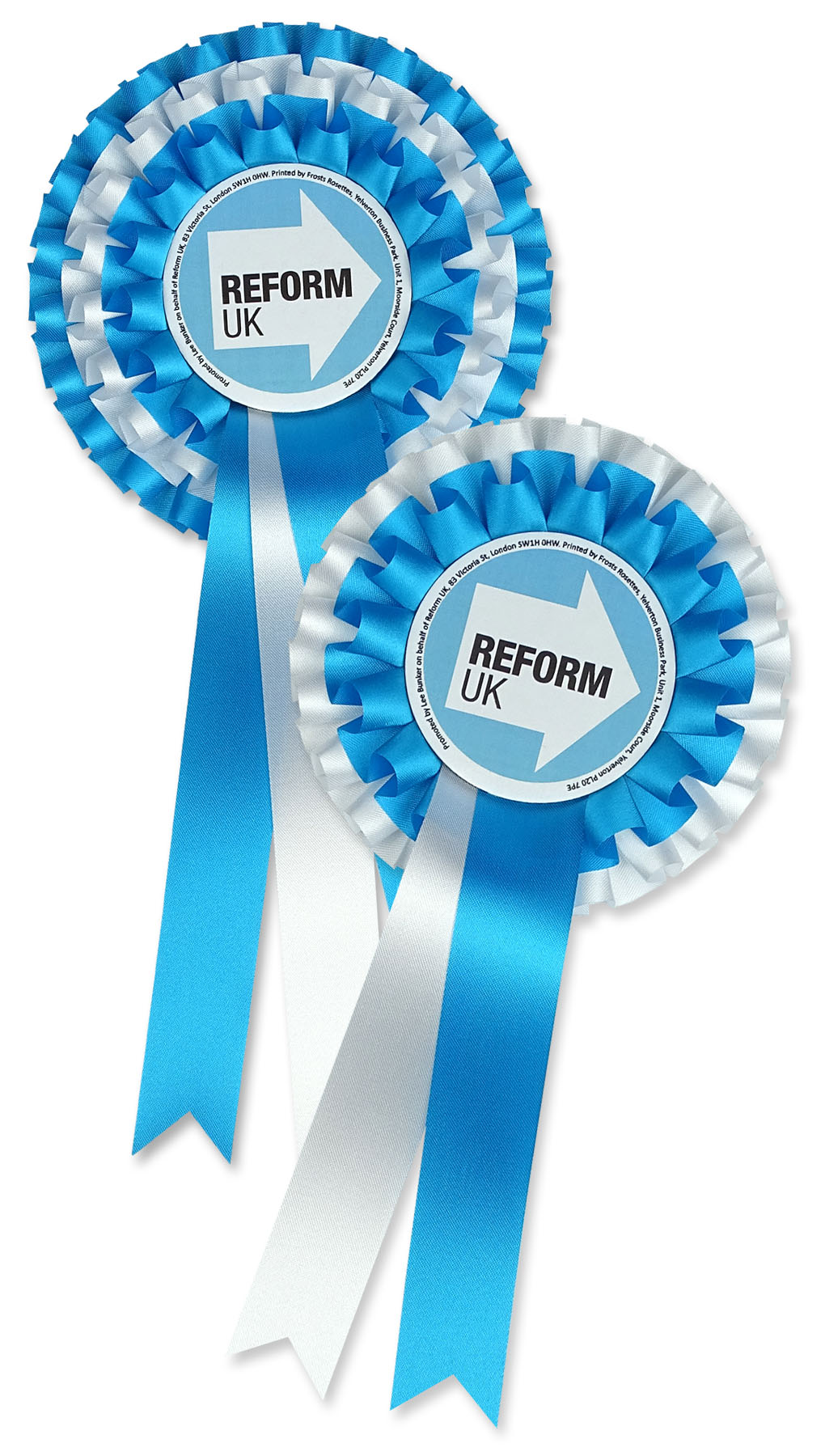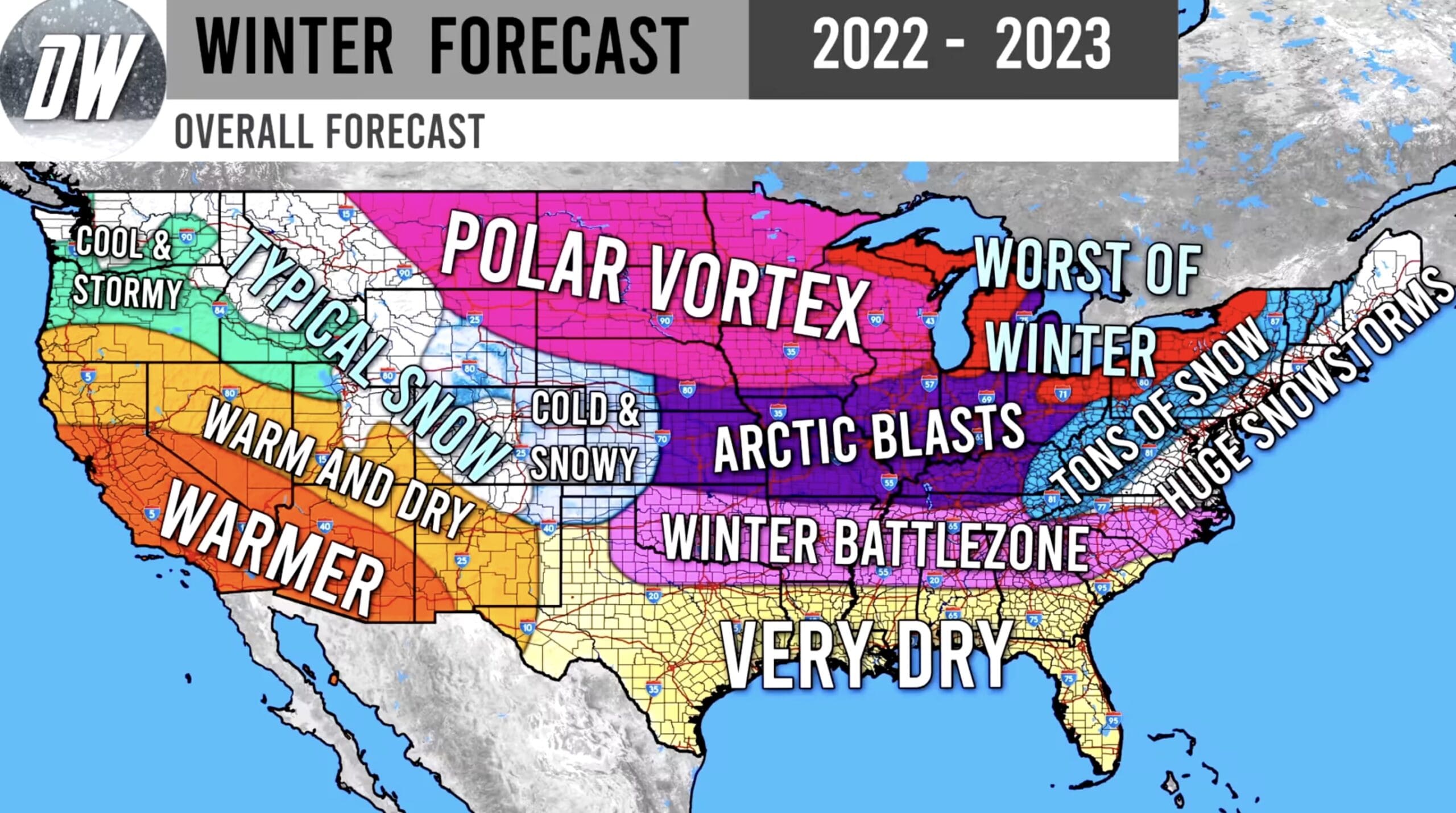Reform Party Under Fire: Farage's Savile-Related Slogan Explained

Table of Contents
The Slogan and its Context
The controversial slogan at the heart of this matter, while the exact wording has varied slightly depending on the platform, essentially linked the Labour Party to Jimmy Savile. This was done in an attempt to associate the Labour party with the disgraced television personality and the horrific sexual abuse scandal that surrounded him. The historical context is crucial here: Jimmy Savile was a prominent British television personality who, after his death, was revealed to have been a prolific sex offender, abusing hundreds of victims over several decades. The scandal shook the nation and continues to be a sensitive and deeply disturbing topic. The Reform Party's use of Savile's name in a political slogan was therefore inherently provocative and deeply offensive to many.
The slogan was reportedly used across various platforms, including social media posts and, allegedly, at some political rallies.
- Specific examples: Screenshots of social media posts using the slogan circulated widely, generating intense online debate. (Note: Due to the sensitive nature of the content, providing direct links may be unwise; links to news articles covering the controversy would be more appropriate).
- Media Coverage: Numerous news outlets reported on the slogan and the ensuing backlash, highlighting the severity of the controversy.
- Reform Party Statements: The Reform Party's official response to the widespread criticism, if any, should be included here and analyzed. Any statements attempting to justify or downplay the slogan's use should be quoted directly.
Public Reaction and Backlash
The public reaction to the Reform Party's Savile-related slogan was swift and overwhelmingly negative. Widespread outrage erupted across social media platforms, with users expressing disgust and condemnation. Many accused the party of exploiting a national tragedy for political gain.
- Negative Comments and Reactions: Examples of public criticism from social media posts and news articles should be included, showcasing the intensity of the backlash.
- Condemnation from Prominent Figures: Quotes from celebrities, politicians, and other public figures who criticized the slogan should be cited. This will provide further weight to the analysis of the public response.
- Petitions and Protests: Mention any organized petitions or protests launched in response to the slogan's use.
Political Implications and Damage Control
The controversy surrounding the Savile-related slogan carries significant political implications for the Reform Party and Nigel Farage. The potential for damage to the party's reputation and electoral prospects is substantial. The use of such a deeply offensive and insensitive tactic could alienate a large segment of the electorate and lead to a significant loss of support.
- Potential Loss of Votes: Analyze the potential impact of the controversy on the Reform Party's vote share in upcoming elections.
- Long-Term Consequences: Discuss the potential long-term damage to the party's brand and image. Will this controversy follow the party for years to come, shaping public perception of its policies and leaders?
- Comparison to Similar Controversies: Compare this incident to other instances where political parties faced similar backlash due to controversial campaigning tactics. What lessons can be learned from these past examples?
Ethical Considerations and Public Discourse
The ethical implications of using a Savile-related slogan in political campaigning are profound. The use of such a sensitive topic to score political points is widely seen as morally reprehensible, demonstrating a disregard for the victims of Savile's crimes and the sensitivities surrounding this issue. This raises broader questions about the ethical responsibilities of political parties and the limits of acceptable campaigning strategies.
- Ethical Responsibilities of Political Parties: Discuss the importance of ethical conduct in political campaigning and the need for accountability.
- Provocative Campaigning vs. Exploitation: Analyze the line between provocative campaigning and the exploitation of tragedy for political gain. Where does the Reform Party’s action fall on this spectrum?
- Impact of Media Representation: Evaluate the role of the media in shaping public perception of the controversy. How has media coverage influenced public opinion and the ongoing debate?
Conclusion: Understanding the Reform Party’s Savile-Related Slogan Controversy
The Reform Party's use of a Savile-related slogan represents a significant political misstep. The controversy sparked widespread outrage, highlighting the potential consequences of employing insensitive and exploitative tactics in political campaigning. The backlash against the party, led by Nigel Farage, underscores the importance of ethical considerations in political discourse. This incident serves as a stark reminder of the potential ramifications of using highly sensitive topics for political advantage, damaging the party's image and possibly impacting its electoral prospects. The long-term effects of this controversy remain to be seen, but it serves as a cautionary tale for political parties worldwide.
What are your thoughts on the Reform Party’s handling of this controversy? Share your opinion in the comments below and let’s discuss the implications of this Savile-related slogan in the context of modern political marketing and the ethical responsibilities of political parties. Further research into similar political controversies and the evolution of campaign strategies will offer valuable insights into the ongoing debate surrounding the Reform Party’s actions.

Featured Posts
-
 Reform Uk And Agriculture Promises Vs Reality
May 03, 2025
Reform Uk And Agriculture Promises Vs Reality
May 03, 2025 -
 Revised Energy Policies Guido Fawkes Perspective On The Change Of Direction
May 03, 2025
Revised Energy Policies Guido Fawkes Perspective On The Change Of Direction
May 03, 2025 -
 Client Outflows Drive Schroders Asset Decline In First Quarter
May 03, 2025
Client Outflows Drive Schroders Asset Decline In First Quarter
May 03, 2025 -
 Valorant Mobile Development Rumors And Speculation From Pubg Mobiles Developers
May 03, 2025
Valorant Mobile Development Rumors And Speculation From Pubg Mobiles Developers
May 03, 2025 -
 Analyzing Tulsas Winter Weather Key Statistics And Trends
May 03, 2025
Analyzing Tulsas Winter Weather Key Statistics And Trends
May 03, 2025
